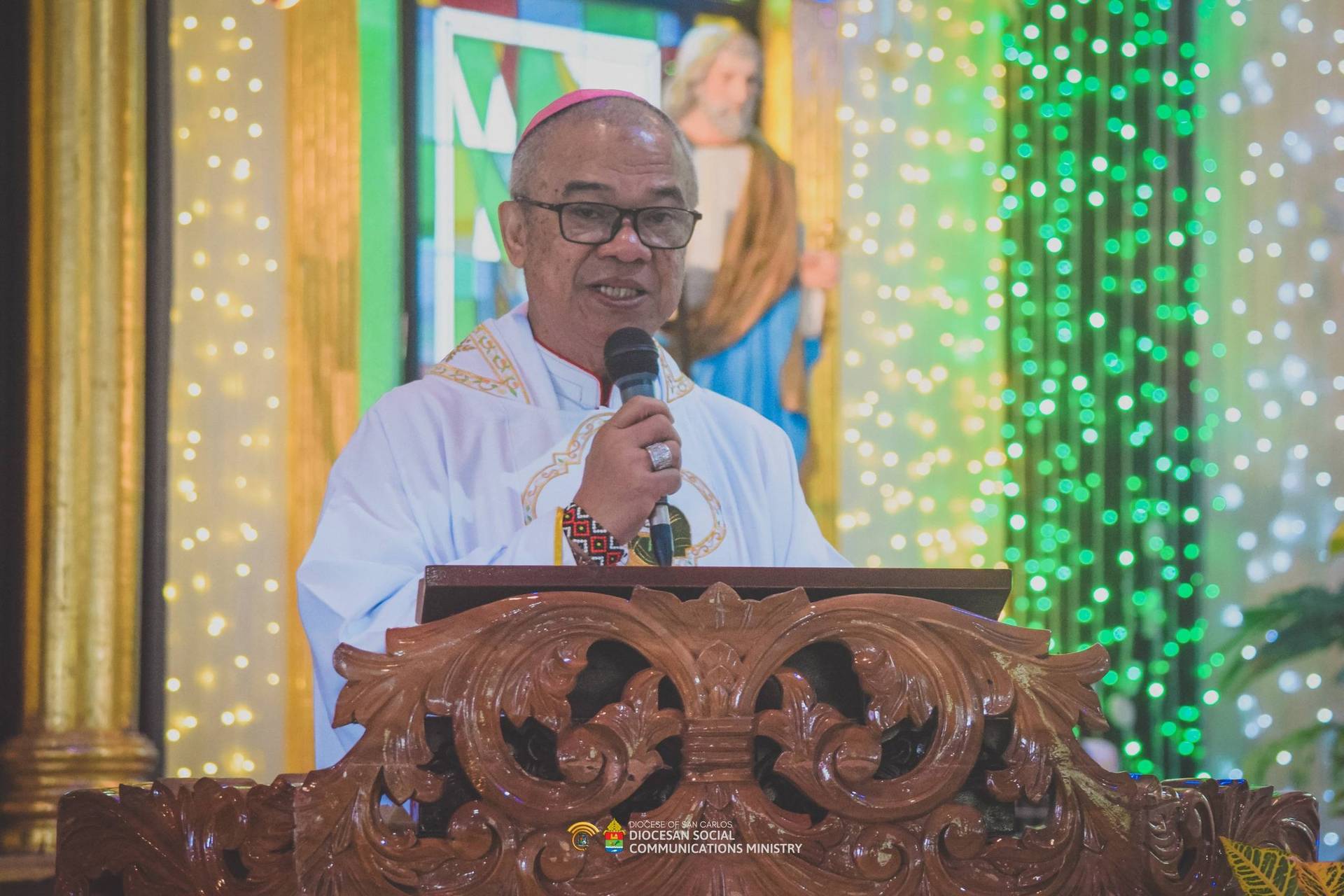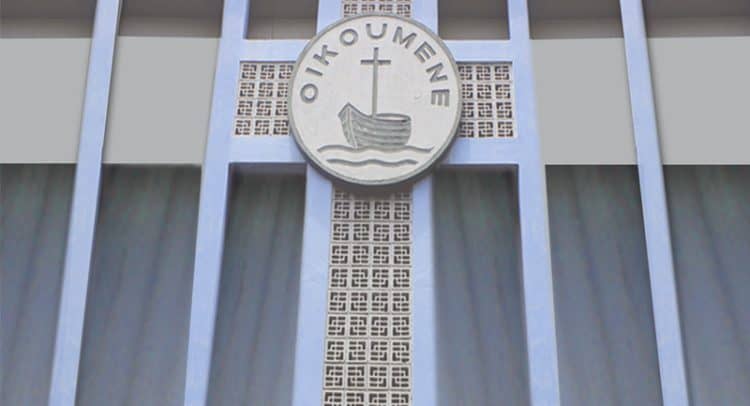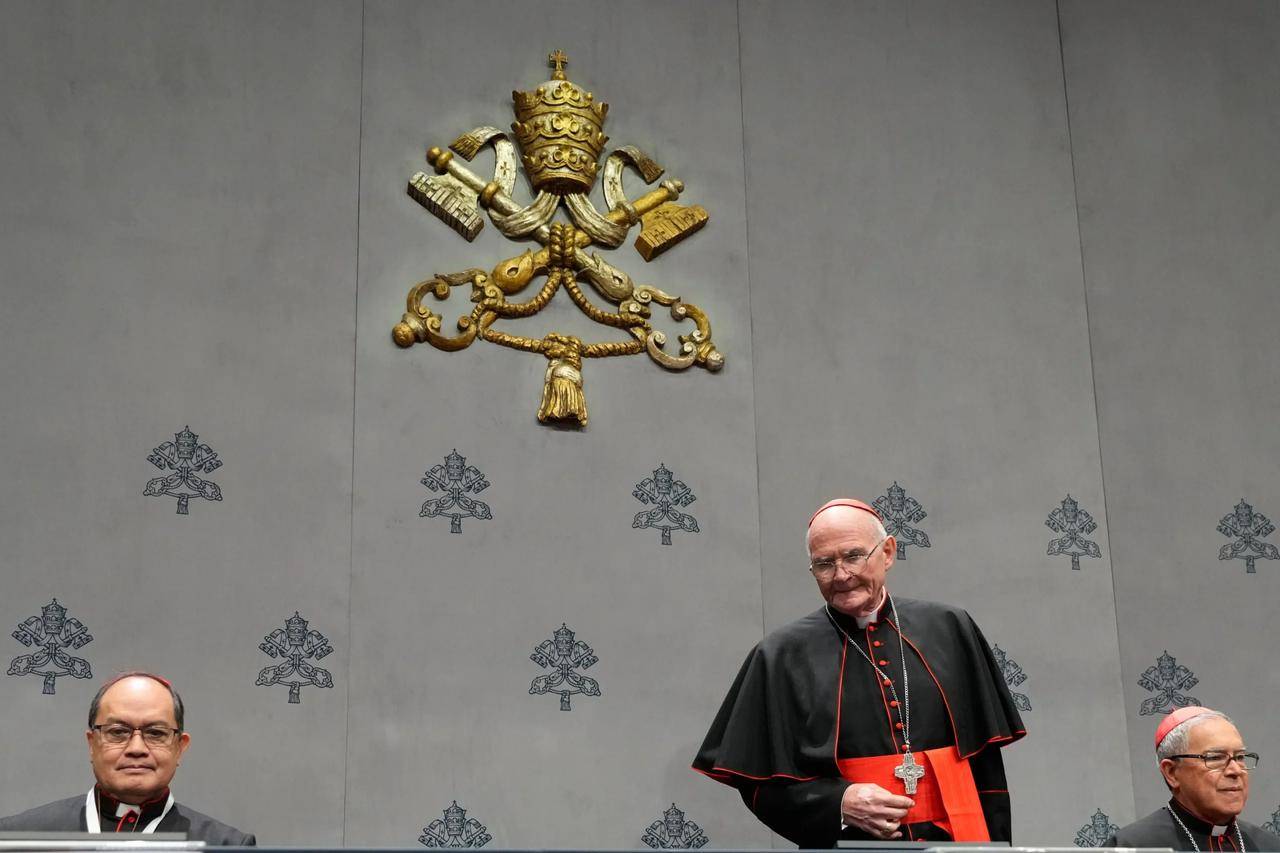MANILA, Philippines – A Manila court acquitted Filipino drag artist Amadeus Fernando Pagente, better known as Pura Luka Vega, in a high-profile case involving his performance of the “Our Father” during a party that went viral online.
Pagente’s performance drew flak not only because he danced and twerked while singing the Our Father, but also because he dressed up as the Black Nazarene, a popular dark-skinned image of Jesus that draws millions of devotees in an annual January 9 procession.
Offending religion is a crime in Catholic-majority Philippines, a former Spanish colony where Catholicism was once the state religion.
Pagente was accused of violating Article 201 of the Revised Penal Code, a 1930 law that penalizes “immoral doctrines, obscene publications and exhibitions, and indecent shows.” This provision covers those who “offend any race or religion” and who commit acts that “are contrary to law, public order, morals, and good customs.”
In its 20-page ruling released on Tuesday, Branch 184 of the Manila Regional Trial Court said the prosecution failed to prove how Pagente’s drag performance in July 2023 offended the “average Filipino.”
The private complainants asserted that they belonged to the group Hijos del Nazareno, but “failed to establish that they are the average Filipino or, at the very least, represent the average Filipino.” The complainants, in fact, “admitted that they do not even represent their entire organization,” according to the court.
“The witnesses of the prosecution centered on their feelings of offense being a devotee of the Black Nazarene. But the Court can barely consider the devotees of the Black Nazarene as the average Filipino without actual or justifiable reason as this was not established or even alleged,” said the court in a ruling signed by presiding judge Czarina E. Samonte-Villanueva.
Villanueva added that drag performances “are part of protected freedom of expression.”
“The Court is not unaware that freedom of expression is not absolute. However, it is incumbent upon the prosecution to show proof that the act complained of went beyond the limitations of such constitutionally protected right. Thus, in case of doubt, the freedom of expression must be upheld, and doubt must be resolved in favor of the accused,” Villanueva said.
Villanueva, however, reminded Pagente “to be circumspect in his choice of medium or subject of his performances as a drag artist, taking into account the society he belongs to.” This, according to the judge, “is basic in the concept of social coexistence.”
“This is not to curtail his freedom or rights nor to regulate his acts to belong to a presumed majority, but more to be compassionate on the community as a whole, especially with the accessibility of social media, which makes it easy to record, upload, and circulate materials which are readily available for consumption of the public,” she said.
In a post on X, Pagente hailed the Manila court ruling on Tuesday. “Thank you for this wonderful news. One more case left. The fight continues,” he said in a mix of English and Filipino.
Before Pagente was sued for his Our Father performance, the 1930 Revised Penal Code had been used to prosecute other individuals in recent years.
In May 2023, Dominican exorcist priest Father Winston Cabading was arrested and briefly detained over a case of “offending religious feelings.”
Former judge Harriet Demetriou, a Marian devotee, had sued Cabading for allegedly criticizing devotion to “Our Lady, Mary, Mediatrix of All Grace,” who was reported to have made an apparition in the Philippine province of Batangas in 1948. (The Vatican has rejected this reported apparition in Lipa City, Batangas, but devotees continue to demand a reinvestigation.)
The case against Cabading was dismissed in May 2024.
A decade earlier, cultural activist Carlos Celdran was convicted in another “offending religious feelings” case for unfurling an anti-clerical protest banner at the Manila Cathedral in September 2010, at the height of debates on a controversial contraceptives law.
The Supreme Court upheld Celdran’s conviction in March 2018.
Celdran, 46, died in exile in Madrid in October 2019.
The Philippines is one of 95 countries with blasphemy laws, reported the United States Commission on International Religious Freedom (USCIRF) in 2023.
Like a majority of countries with blasphemy laws, imprisonment is the maximum sanction for blasphemy in the Philippines. Heavier penalties await violators in other countries, as in the case of Brunei, Iran, Mauritania, Pakistan, and Saudi Arabia, where the maximum punishment is the death penalty, according to the USCIRF.













